Deadlifts
What is a deadlift?
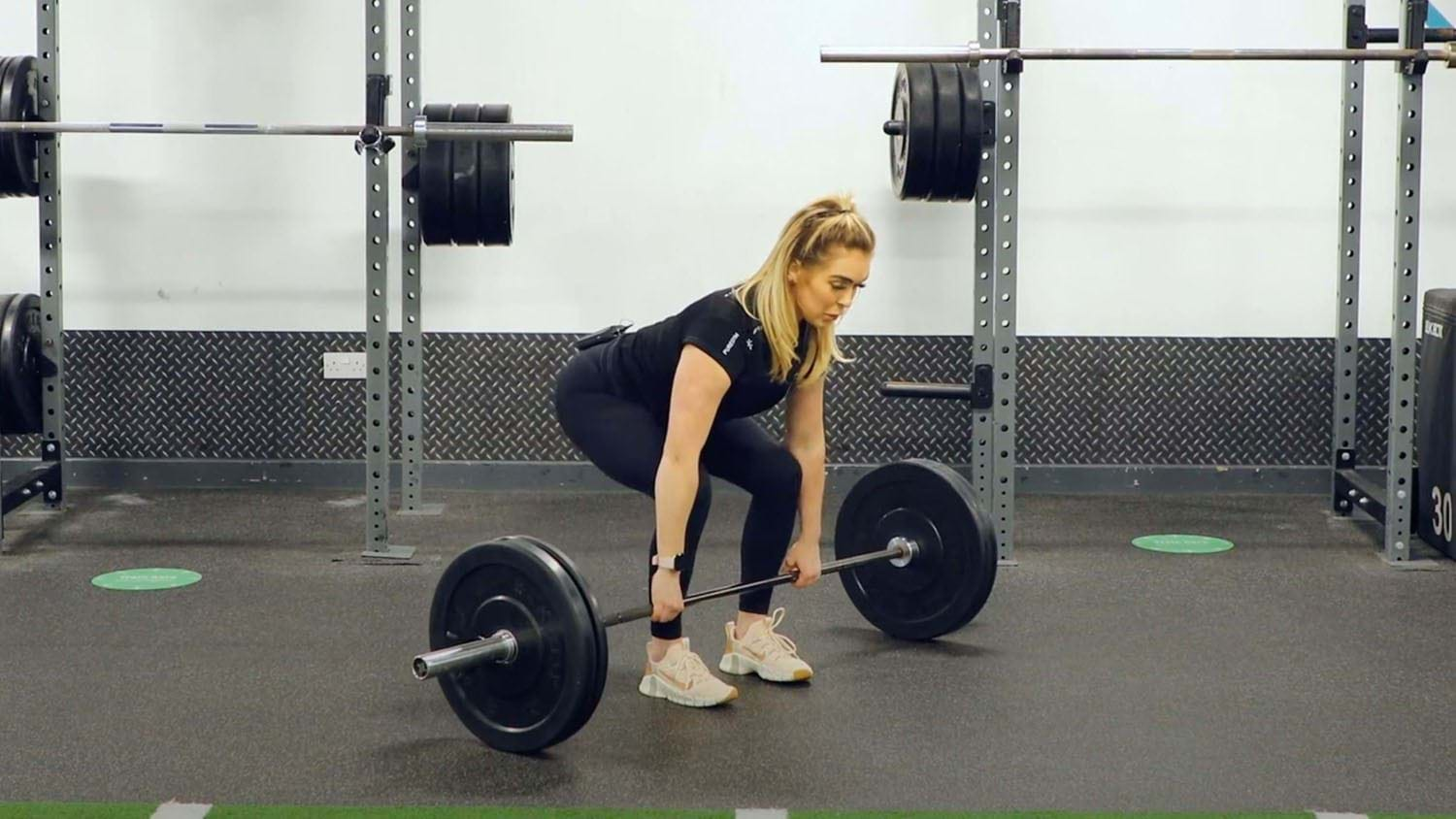
The deadlift is a one of the best lower body compound exercises for improving strength. While the main muscles recruited are in the legs and back, deadlifts also require you to use your arms and abs so it's also a good movement to master for toning the whole body. You might not even be aware but you've naturally been doing deadlifts in your everyday life. Every time you bend down to pick something up, you are essentially performing what is called the deadlift, so it's a practical and functional exercise that would be worth adding to your exercise routine.
Other than developing real strength, there are several more benefits to performing the deadlift. This includes improved posture, increase in muscle mass, greater fat burn, and more.
There is more than one type of deadlift, and different variations have different benefits. Below you will find the different deadlift variations - click through to the individual pages to see what muscles they target and how to perform them.
Commonly asked questions on Deadlifts
Deadlifting with bad form can be bad for your back, but deadlifting safely with the correct form will hugely strengthen your back, hamstrings and glutes. It's a great exercise to help improve strength and build muscle. Make sure to spend some time learning how to deadlift with good form before increasing the weight you lift.
The deadlift is a great weight exercise that can help to build muscle and improve strength in the following areas: hamstrings, glutes, back, shoulders, arms.
Deadlifts can help to burn belly fat provided you are in a calorie deficit. This exercise uses multiple muscle groups which can help to burn calories and aid fat loss. It can also help with offsetting the rate of muscle loss which can occur during weight loss.
Deadlift variations

Also known as a barbell deadlift, the conventional deadlift is great for building full body strength and power.
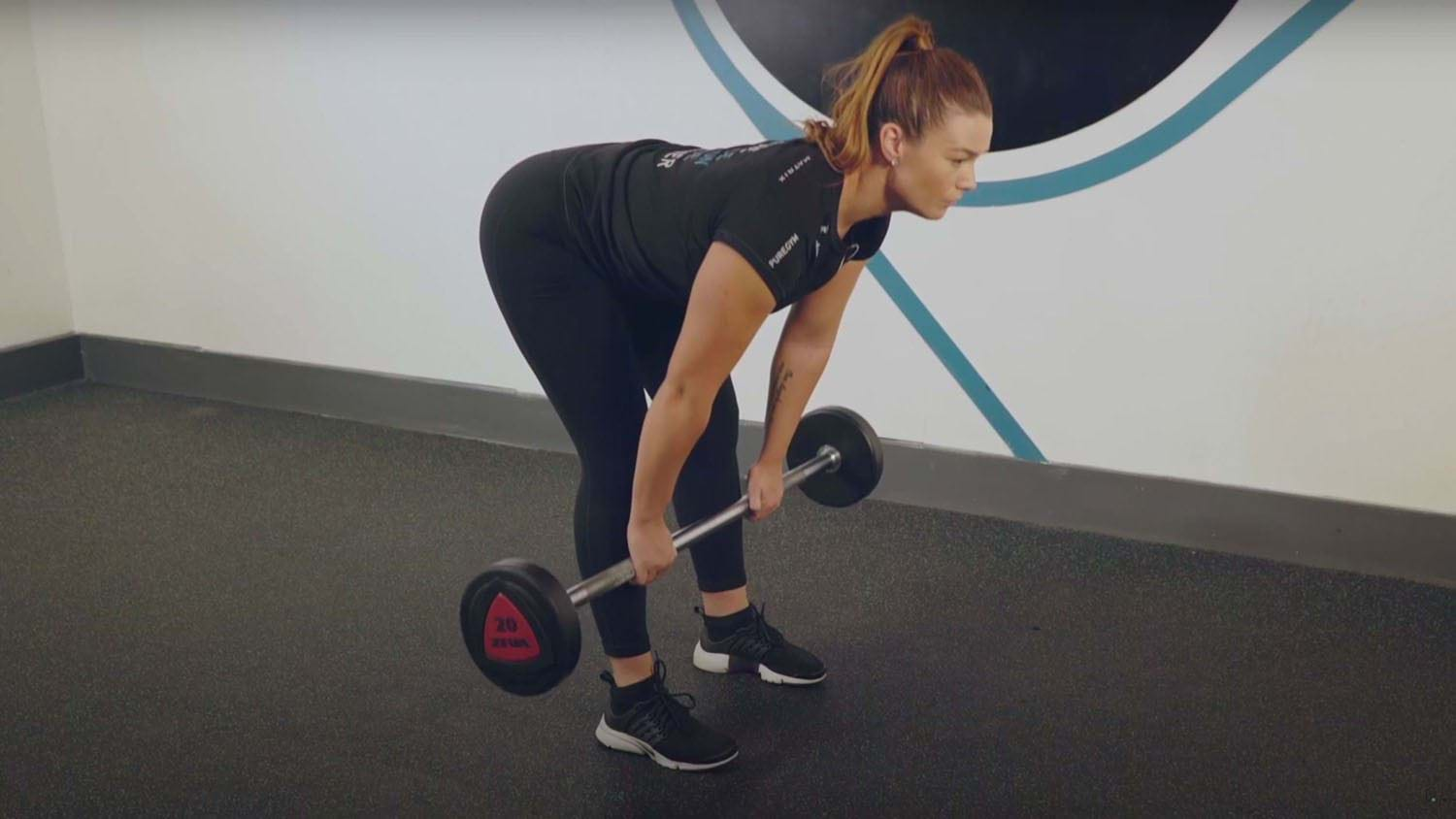
The Romanian deadlift keeps the legs straight to place greater emphasis on the hamstrings and glutes.
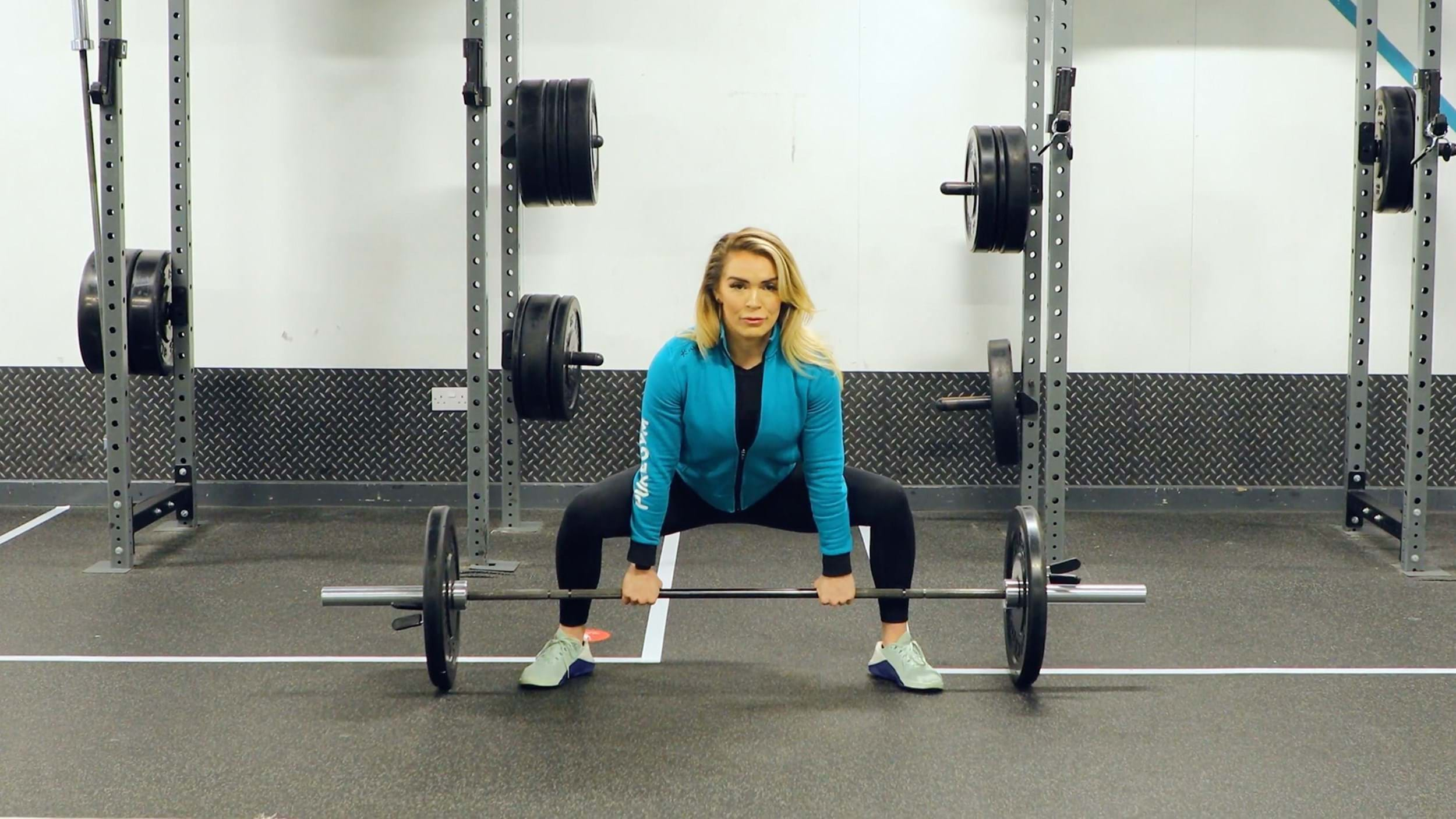
The sumo deadlift takes a wide legged stance and has a smaller range of movement vs the conventional deadlift.
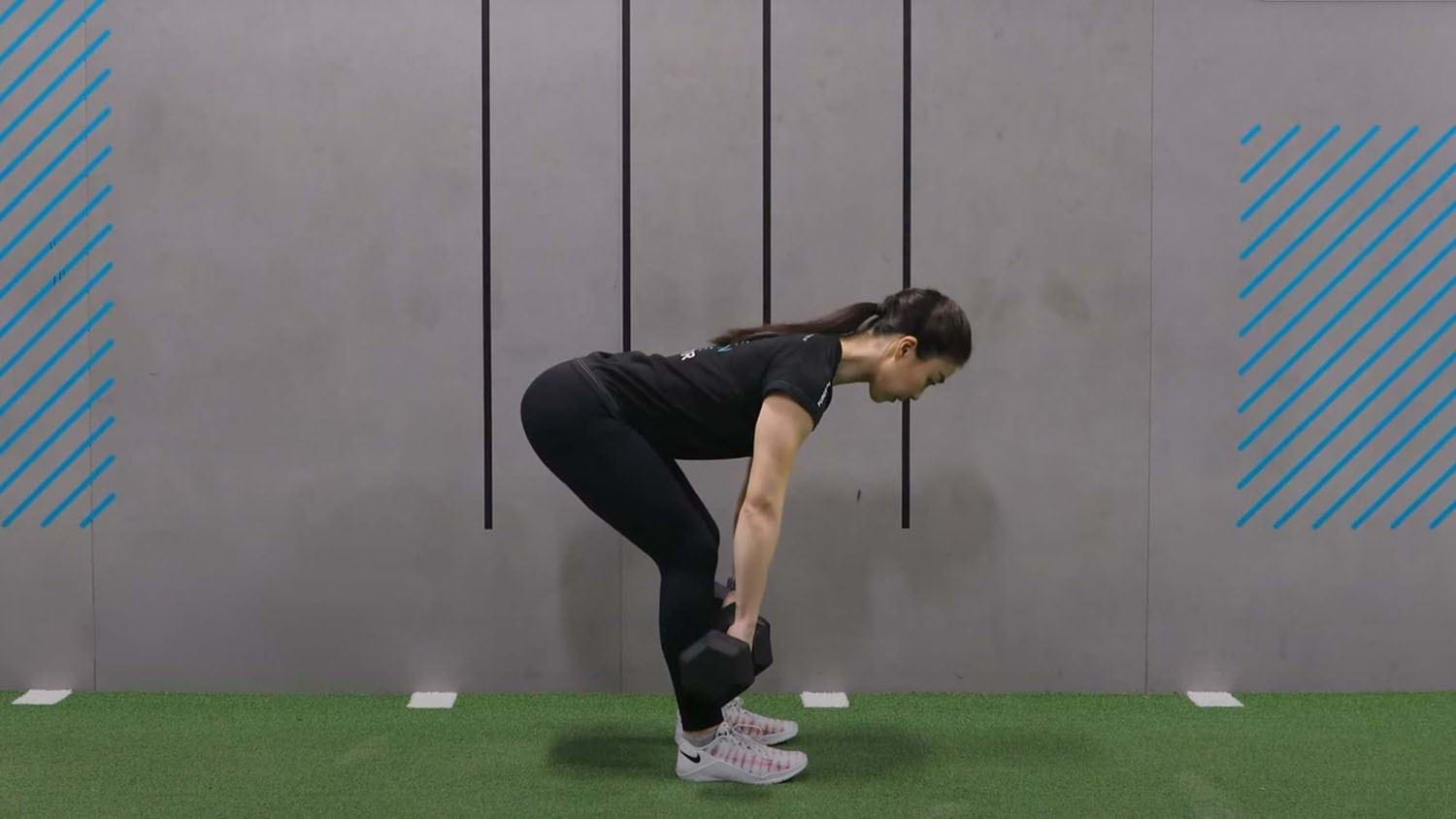
Using dumbbells is a great way to learn the deadlift movement as you need less load to get started.
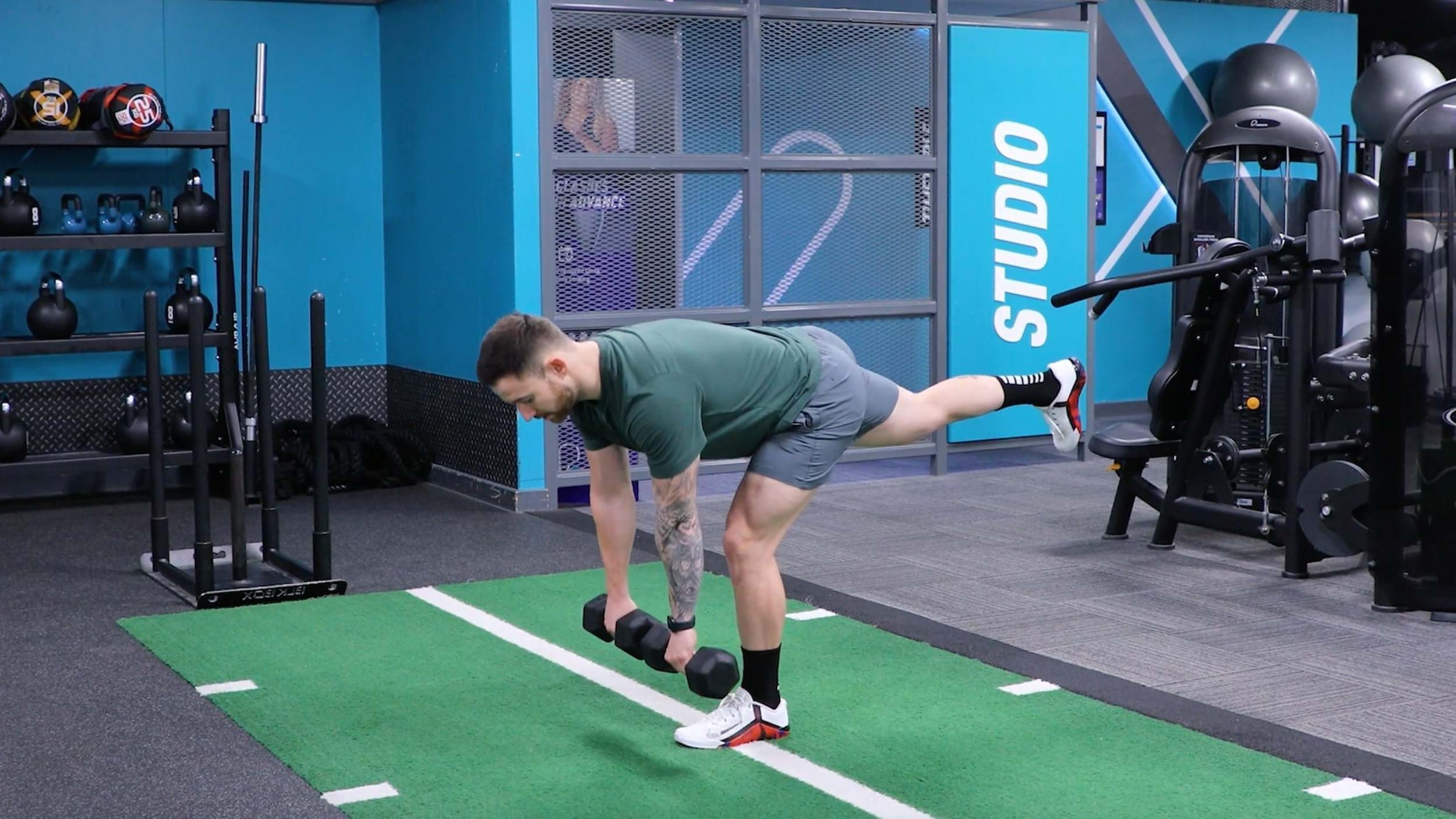
The single leg deadlift is an advanced unilateral variation that requires greater balance and stability.
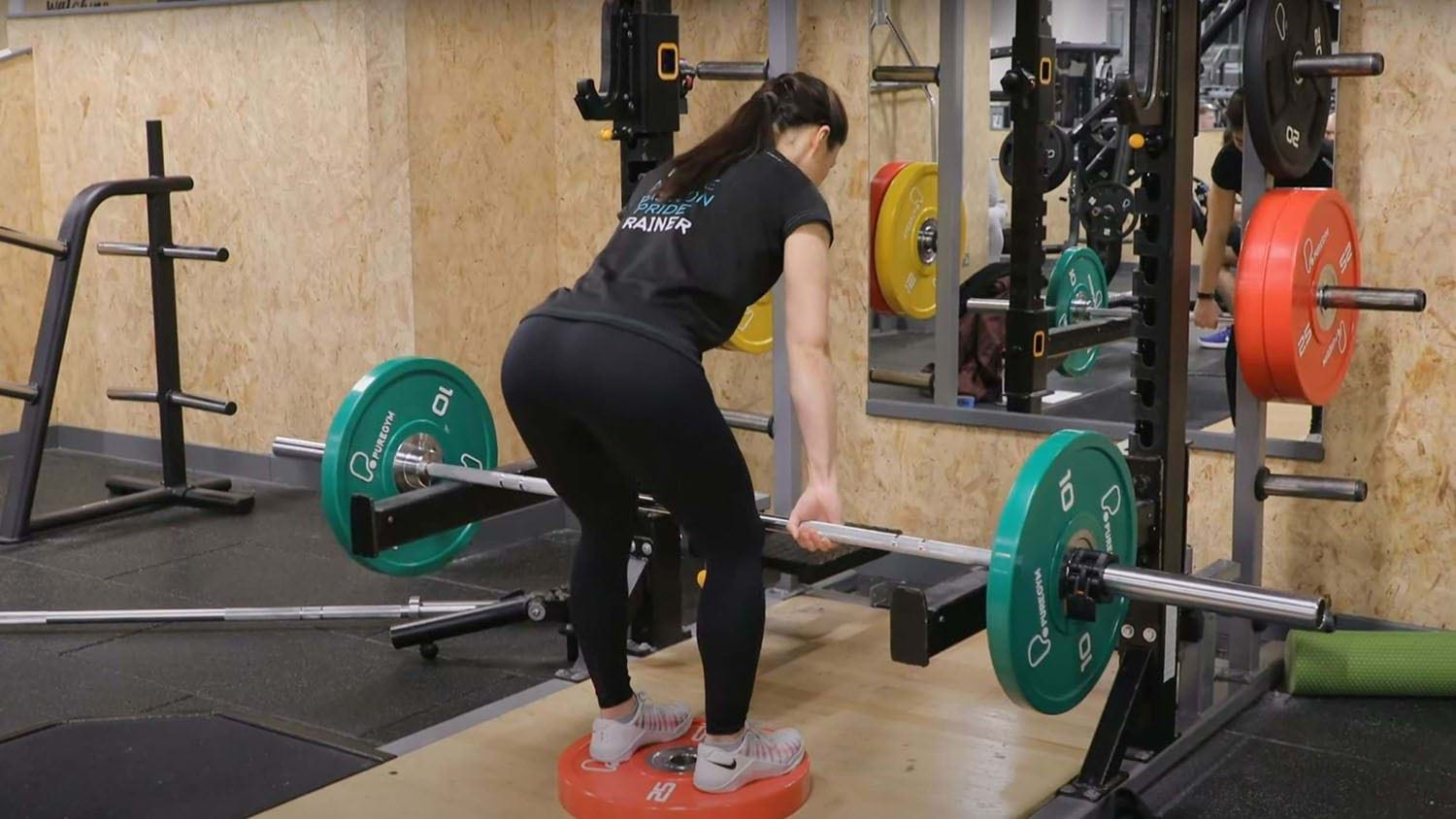
Rack pulls are a partial deadlift that help to build pulling strength and grip strength.
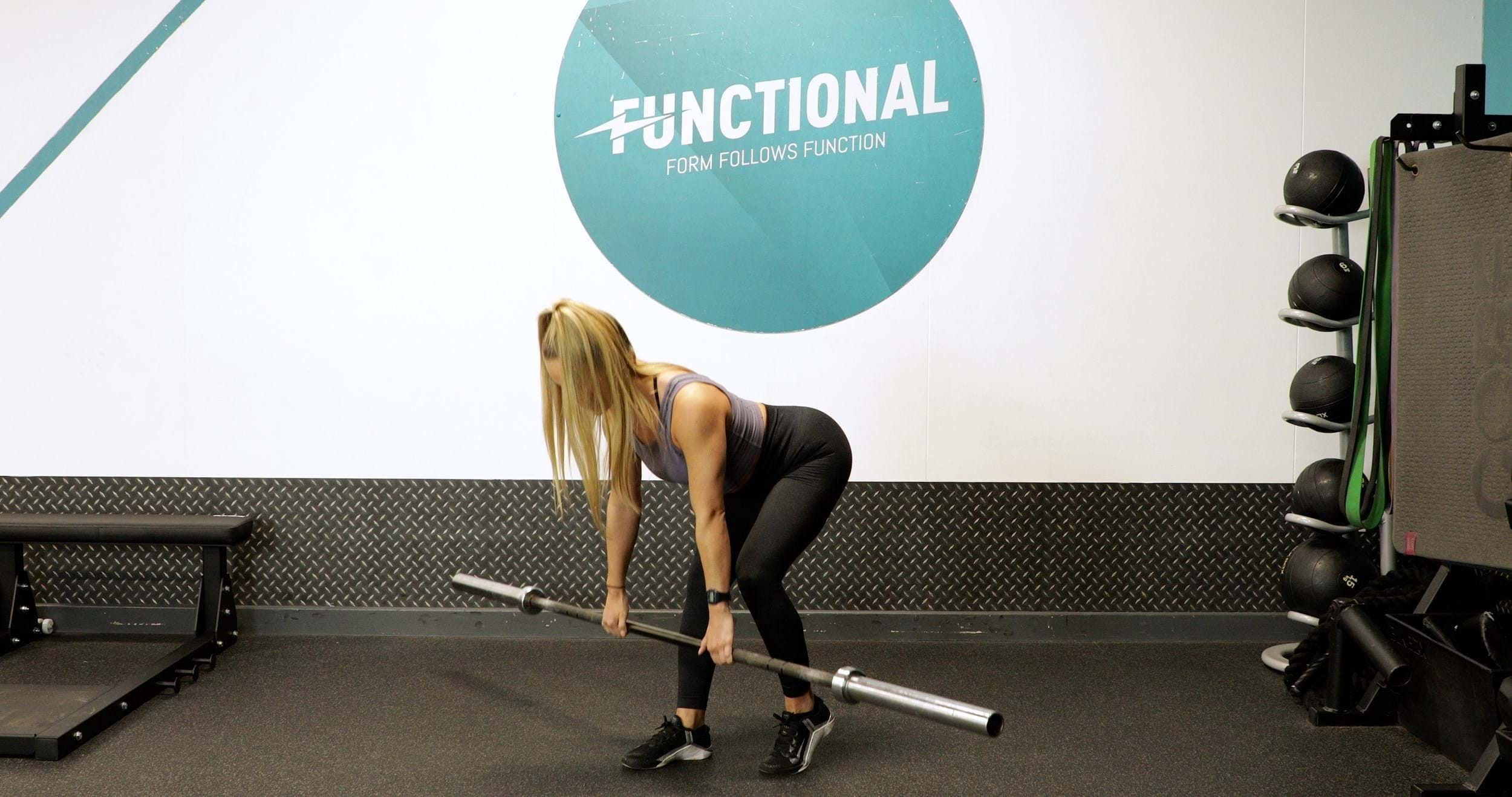
B Stance deadlifts target muscular imbalances between the two sides and help build up to a single leg deadlift.
If you’re not sure if any of the above exercises are suitable for you, please consult your doctor before you start it. Need guidance on how to perform the exercise? Ask a personal trainer at your gym.